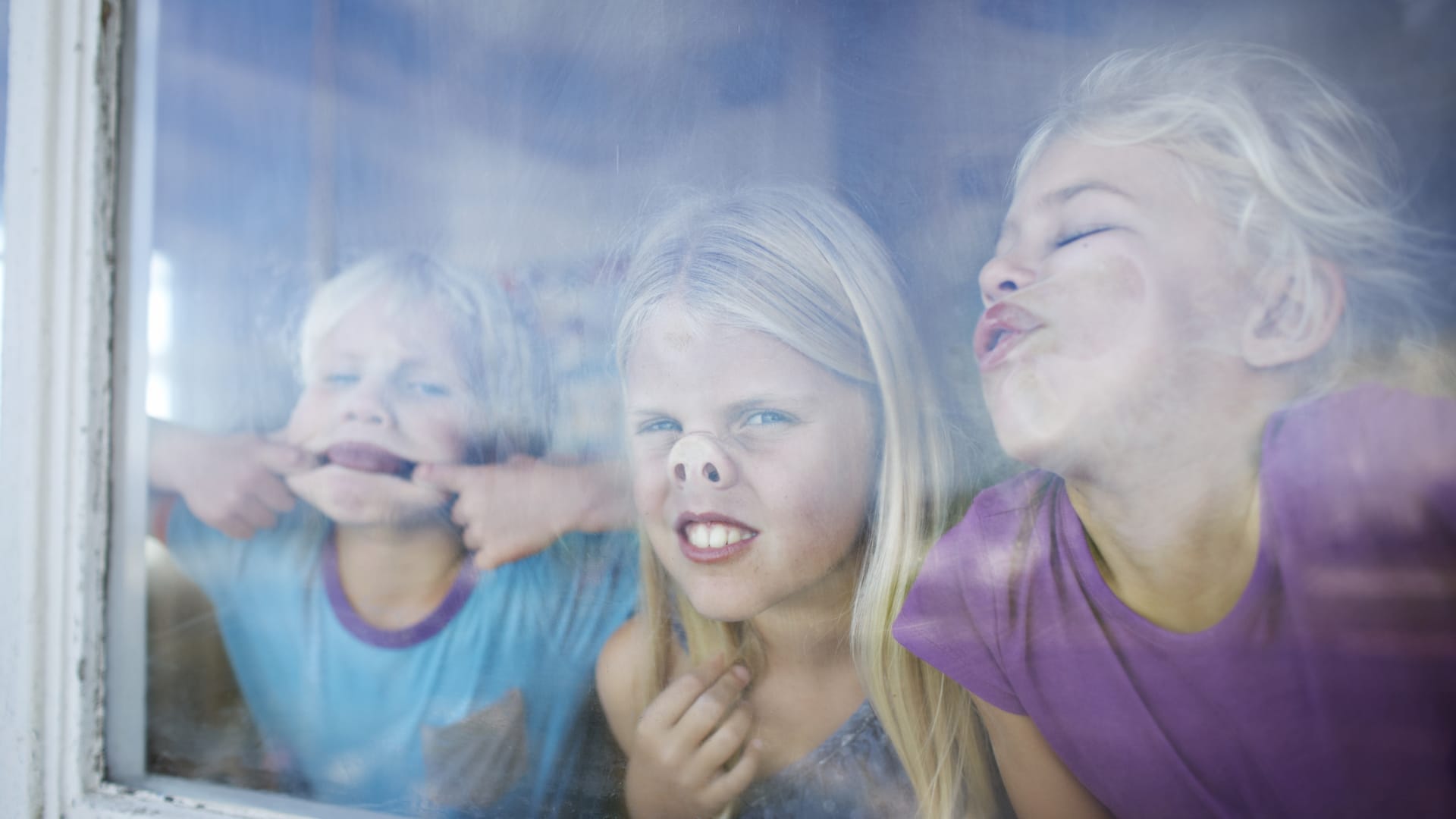Having well-behaved kids is often a concern for parents. But not all adults in every country actually think it’s one the most important things.
Overall, adults in the U.S. are least likely to say that kids having good manners is an especially important quality — just 52% of them said so in 2017, according to a report released this month by King’s College London. That makes the U.S. the country least likely, of the 24 countries surveyed in recent years, to believe good manners are crucial for kids.
This is a significant drop from 1990, when 76% of U.S. adults said it was a very important quality for children to possess, the data shows.
It’s also a stark contrast to the leading country, Egypt, where 96% of those surveyed said good manners should be a top parenting priority. Nigeria comes in second place with 89%, followed by Morocco with 88%.
Sixth-placed U.K. isn’t far off, with 85% saying good manners were key.
The report by King’s College London, titled “Parenting priorities: international attitudes towards raising children,” uses data from one of the biggest social surveys in the world, the World Values Survey. The report is based on the most recently available data sets for each country that were collected during the latest installment of the World Values Survey, which spans 2017-2022.
Another factor that falls under the broader idea of kids being well behaved is if they listen to their parents or other adults. But even fewer U.S. adults said that obedience was a key quality for kids — in fact, it fell far behind in all countries compared with having good manners.
The country that values obedience the most is Nigeria with 58%, followed by Mexico and Egypt with 57% and 56% respectively. The U.S. falls into the second half of the table with 21%.
But it is still far ahead of the country that cares the least about obedience: just 3% of Japanese adults said it was a very important quality for kids.
The importance of obedience has fallen in many Western countries since 1990.
“For example, in both the US and Australia, the share of the public who think this trait is especially important has roughly halved. In the former, it fell from 39% in 1990 to 21% in 2017, and in the latter it dropped from a peak of 39% to 19% between 2005 and 2018,” the report noted.
Beyond being well behaved
The survey doesn’t just cover qualities that make a child well behaved. Attributes such as imagination; having tolerance and respect for others; and being hardworking were also surveyed. A total of 11 qualities are listed in the King’s College London report.
The U.S. places in the top 10 for four of them, showing that it is among the countries that value independence and hard work from kids the most.
Hard work is one of them, with 68% of U.S. adults saying it is important for children. This is the sixth-highest percentage across the 24 surveyed countries and the category where the U.S. places the highest in the ranking.
Poland leads the table with 81%, followed by Russia with 76%. On the flipside, Nordic countries appear to place little value on kids working hard: just 19% of Norwegians and 8% of Swedes said it was crucial, which places them at the end of the ranking.
The second category where the U.S. is part of the top 10 is independence. Of those surveyed, 56% said it was an especially important quality for kids, putting the U.S. seventh in this ranking. The highest-ranking country is Norway with 85%, while Egypt came last with 14%.
The U.S. also ranks in the top 10 for imagination, with 30% seeing it as a highly valuable attribute, and religious faith, which is seen as very important by 32% of those surveyed. That places the U.S. in seventh and 10th place for the respective rankings.
The quality that was most often named as especially important in the survey is tolerance and respect for other people. Of those surveyed, 71% in the U.S. said it was a key attribute kids should have, which places in the 11th position.
Sweden and Norway top this ranking with 93% and 90%, respectively, while Iran places last with 40%.
DON’T MISS: Want to be smarter and more successful with your money, work & life? Sign up for our new newsletter!

